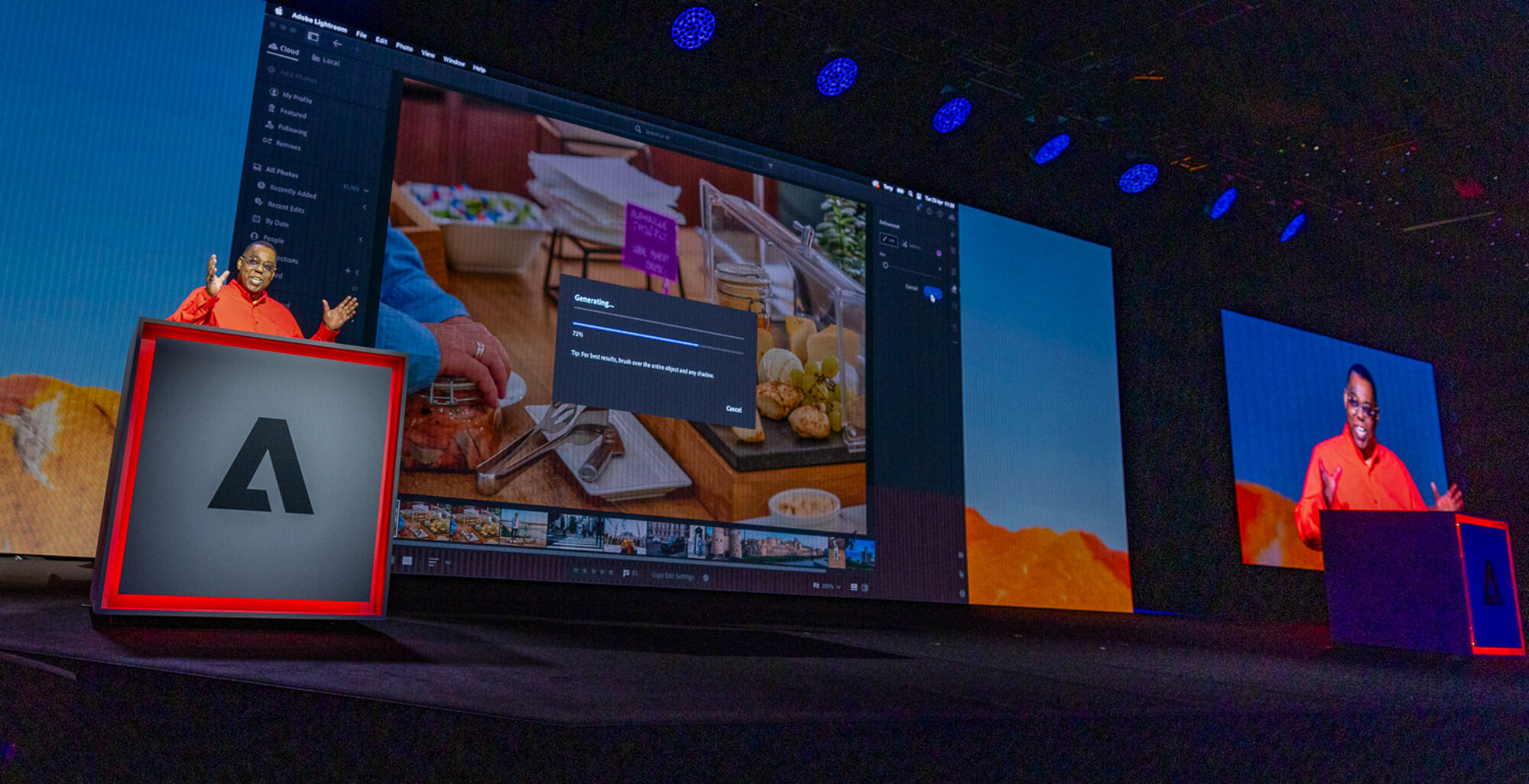Enhance Your Understanding with the Best tech blog Featuring Industry Professionals
Enhance Your Understanding with the Best tech blog Featuring Industry Professionals
Blog Article
Exactly How Blockchain Technology Is Revolutionizing Information Security
Blockchain modern technology is fundamentally modifying the landscape of data security by presenting a decentralized structure that promises boosted transparency and resilience. Unlike traditional systems, which rely on central information repositories, blockchain disperses information across a network, reducing susceptabilities and single factors of failing. The use of advanced cryptographic techniques guarantees that data remains tamper-proof, fostering trust amongst users and stakeholders.
The Basics of Blockchain
Blockchain innovation, a cutting edge idea in electronic data monitoring, basically transforms exactly how details is stored and protected. At its core, a blockchain is a dispersed journal that tapes purchases across a network of computer systems, making certain openness and immutability. The innovation operates a chain of blocks, each including a checklist of transactions. Once a block is loaded, it is time-stamped and linked to the previous block, creating a sequential chain.
Secret to comprehending blockchain is the hashing process, which secures purchase data into an one-of-a-kind alphanumeric code. This cryptographic function makes sure that any kind of modification in the transaction data causes a totally various hash, thereby protecting versus meddling. The consensus device, an additional critical element, confirms and confirms new purchases via a network of nodes, thus eliminating the need for a central authority.
Furthermore, blockchain's append-only structure guarantees that information, as soon as included, can not be deleted or modified. This characteristic assurances a verifiable and permanent record of deals, cultivating count on amongst individuals. Therefore, blockchain provides a robust framework for data integrity, using markets a dependable approach for tracking and handling digital info in a safe and secure, clear fashion.
Decentralization and Protection
Decentralization, a core concept of blockchain modern technology, substantially improves data security by distributing control across a network rather than counting on a singular, central entity. By dispersing data across countless nodes, blockchain ensures that also if one node is endangered, the entire network stays safe.

Furthermore, decentralization empowers customers with greater control over their information. Each individual in the network has access to the entire blockchain, allowing them to verify and investigate deals individually. This openness cultivates trust fund among users, as they do not need to count on a main authority to make sure information stability. Generally, decentralization is crucial in enhancing information safety and security in blockchain networks.

Cryptographic Strategies
At the heart of blockchain modern technology, cryptographic techniques play a critical function in securing data, ensuring both discretion and stability. These techniques are fundamental to the blockchain's ability to securely record purchases in a decentralized fashion. Cryptography in blockchain uses a combination of uneven and symmetric algorithms to encrypt data, making it obtainable just to authorized celebrations - Best tech blog. Public and personal key sets are main to this procedure, enabling safe and secure authentication and identity confirmation without exposing delicate details.
Hash features are an additional essential part, transforming input data into a fixed-size string of characters, properly producing an one-of-a-kind digital finger print for every block. This guarantees that any attempt to alter the data will lead to a completely various hash, hence keeping the immutability of the blockchain. Electronic signatures verify the credibility and integrity of deals, giving a layer of non-repudiation.
The decentralized nature of blockchain, integrated with robust cryptographic techniques, eliminates the need for middlemans, lowering possible susceptabilities. As blockchain innovation advances, innovations in cryptography such as zero-knowledge proofs and homomorphic security remain to enhance protection steps, further fortifying data protection in this cutting edge digital journal system.
Usage Situations Across Industries

In the healthcare market, blockchain ensures the safe and secure storage and sharing of client records, promoting interoperability while guarding delicate information from unapproved gain access to. This innovation equips clients with control over their clinical history and promotes seamless control amongst doctor.
Supply chain monitoring advantages considerably from blockchain's unalterable ledger, which makes sure traceability and credibility of items from origin to customer. By improving openness, blockchain helps alleviate concerns such as counterfeiting and underhanded sourcing.
Furthermore, blockchain's decentralized nature is reshaping the energy field by allowing peer-to-peer power trading, where customers can purchase and sell excess renewable resource straight. This cultivates a much more lasting and reliable power community.
In the world of copyright, blockchain provides a tamper-proof platform for creators to register and safeguard their works, ensuring rightful acknowledgment and fair payment. These varied usage instances highlight blockchain's role as a crucial pressure in redefining data protection across industries.
Future of Data Defense
As we aim to the future of data security, blockchain modern technology is poised to play a crucial function in securing digital details. With its decentralized and unalterable features, blockchain offers a robust structure for securing sensitive data against unapproved gain access to and cyber dangers. This innovation guarantees that when data is videotaped, it is almost difficult to change without discovery, therefore offering a significant benefit over conventional information storage techniques.
The combination of blockchain with various other sophisticated innovations, such as expert system and the Internet of Points (IoT), is expected to enhance data protection methods further. By leveraging clever agreements, companies can automate and apply safety and security protocols, minimizing human mistake and raising effectiveness. In addition, blockchain's capacity to give traceable and clear transactions will certainly strengthen trust fund and liability in information monitoring techniques.
As regulatory landscapes evolve, blockchain's compliance-friendly nature will certainly end up being increasingly pertinent. It can aid organizations fulfill rigid data my review here defense regulations, such as the General Information Protection Law (GDPR) and the California Customer Privacy Act (CCPA), by giving proven documents of data handling tasks. Inevitably, blockchain's special qualities placement it as a transformative device in the continuous quest to protect the digital globe against ever-evolving cyber risks.
Conclusion
Blockchain innovation represents a standard shift in data security by leveraging decentralization and cryptographic techniques to improve openness, trust fund, and information stability. Its capability to remove single factors of failure and use consensus devices substantially minimizes the risk of fraud and cyberattacks. This cutting-edge structure not just equips individuals with greater control over their data but additionally straightens with regulatory compliance. As cyber dangers evolve, blockchain arises as an important device for robust data security across numerous markets.
Blockchain modern technology is essentially changing the landscape of data safety by presenting a decentralized framework that guarantees improved openness and strength. Unlike conventional systems, which depend on centralized data repositories, blockchain disperses data throughout a network, decreasing vulnerabilities and solitary points of failing.Decentralization, a core principle of blockchain modern technology, Look At This significantly boosts information safety by distributing control throughout a network instead than relying on a particular, centralized entity.At the heart of blockchain technology, cryptographic strategies play a crucial role in guarding information, guaranteeing both confidentiality and honesty.Blockchain innovation stands for a standard shift in data security by leveraging decentralization and cryptographic strategies to boost openness, count on, and information stability.
Report this page